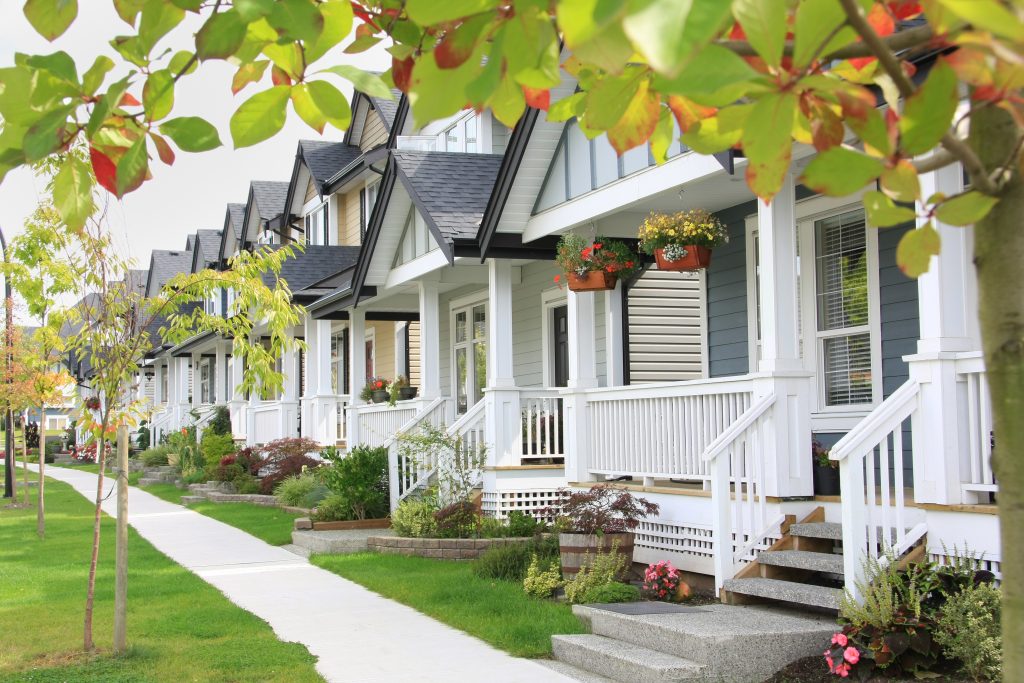When searching for a home, many people state that they will never buy in an HOA due to restrictions on using their property. They want creative freedom and no extra monthly payments, and that’s okay!
Up Next: Finding The Best Rural Property For You
But some people prefer to live in an HOA, or homeowner’s association, for benefits like access to amenities like the community pool. When those homeowners choose to buy a home in an area with an HOA, they accept that they will be subject to restrictive covenants.
But what is a restrictive covenant anyway, and how can it affect you?
 Governing the Use & Improvements of Homes to Help Maintain Property Values
Governing the Use & Improvements of Homes to Help Maintain Property Values
Also known as a deed restriction, a restrictive covenant regulates the use and improvement of a home and property. This can include, but isn’t limited to:
- Exterior design, like paint colors and window types
- Restrictions on the number, size, and breed of pets
- Minimum square footage
- Landscaping requirements
- How many people can live in the home
Why so many restrictions and rules? The main reason is to help the community maintain property values and to give the community a sense of uniformity.
Non-HOA Homes Can Have Restrictive Covenants
Many HOAs get a bad rap with homeowners for petty citations and nosy neighbors, but did you know that non-HOA homes can also have restrictive covenants?
It’s true!
For example, a subdivision without an HOA can still have enforceable covenants that should be clearly stated in the property’s Covenants, Conditions and Restrictions (CC&Rs). This all also depends on how the deed is structured—if these agreements are deeded in the property, homeowners may be able to enforce CC&Rs in their neighborhood.
There Are Penalties For Non-Compliance
When you sign a restrictive covenant agreement, you are entering into a legal contract.
If a resident fails to comply with restrictive covenants, he/she can be penalized in several ways. Fines are the most common and less severe penalty that an HOA can take with non-compliance. The HOA will fine the non-complying owner unless the issue is fixed.
If a homeowner fails to fix the issue or pay the fine, the HOA may sue the owner for failure to comply.
Before making an offer on a home, you should always check to ensure that the house is not subject to HOA restrictions and other restrictive covenants.
Work With Your Local Agent to Find the Best Property For You
If you are looking for more control and flexibility over the maintenance and appearance of your home’s exterior, a property with a restrictive covenant may not be for you. Work with your local team at Merchant of Homes to find the home you want and help you understand any restrictions on a property.


